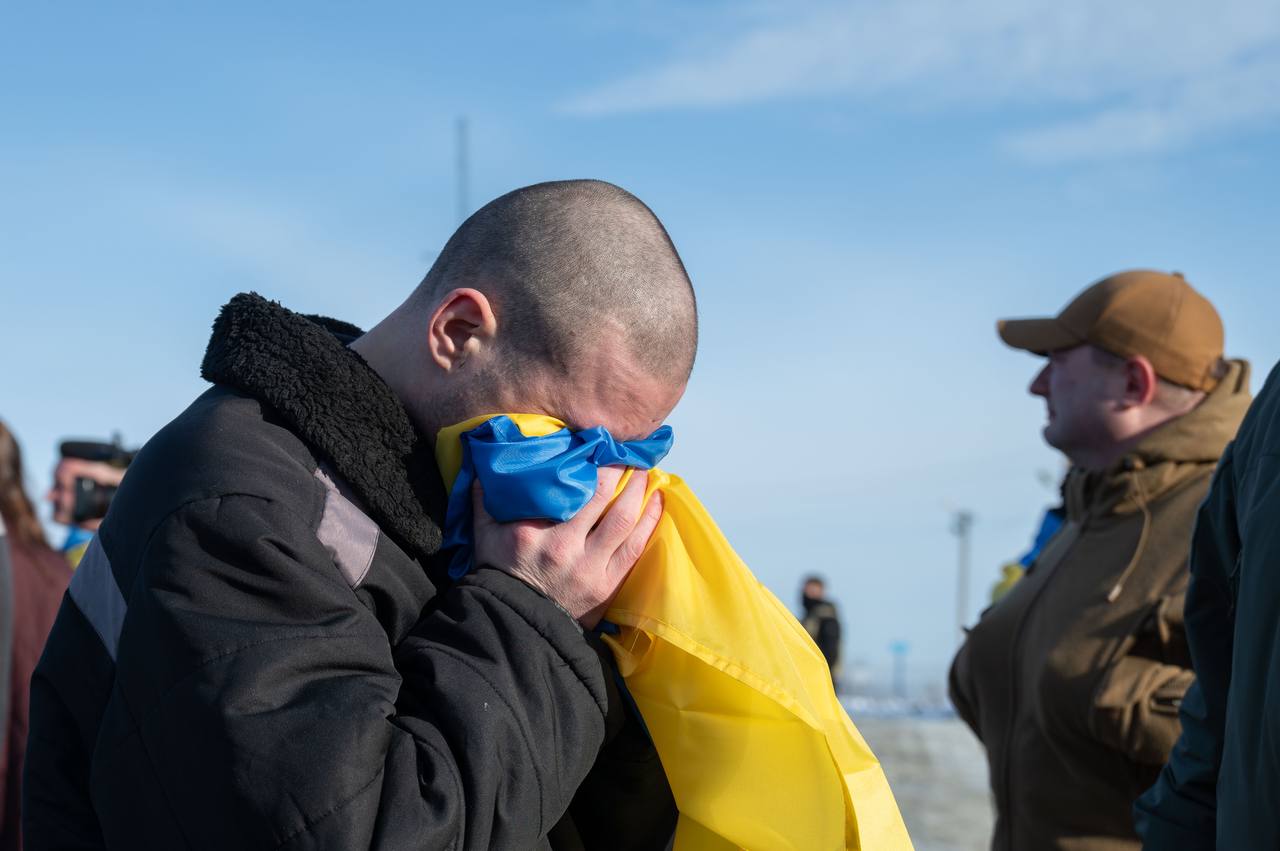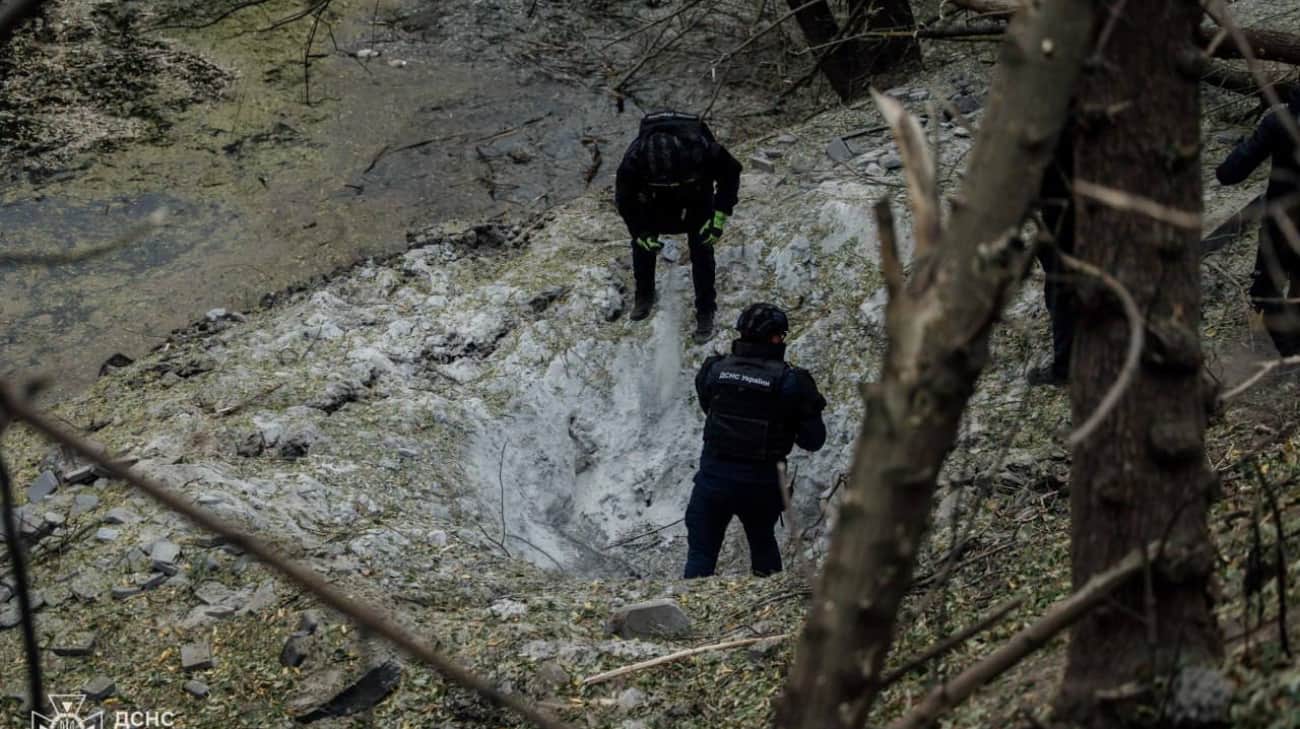UN report: Russian torture of Ukrainian POWs “widespread and systematic”
New UN report uncovers "widespread and systematic" Russian torture of Ukrainian POWs, with accounts of "relentless, brutal treatment inflicting severe pain and suffering" during prolonged detention.

Two years after the Russian Federation’s full-scale invasion of Ukraine, the Independent International Commission of Inquiry on Ukraine has published a report highlighting the mounting civilian suffering due to Russia’s disregard for humanitarian law and human rights obligations. The Commission found new evidence of violations and war crimes by Russian authorities in areas under their control in Ukraine.
“New evidence strengthens the Commission’s previous findings that torture used by Russian authorities in Ukraine and in the Russian Federation has been widespread and systematic,” the report reads.
The report focuses on torture against Ukrainian prisoners of war, describing cases of horrific treatment in several detention facilities in the Russian Federation. Victims’ accounts reveal “relentless, brutal treatment inflicting severe pain and suffering during prolonged detention,” leading to long-lasting physical and mental trauma.
“In most facilities, the prisoners of war underwent a brutal ‘admission procedure’, with beatings and electric shocks. One victim recalled being greeted with ‘Welcome to hell.'”
One Ukrainian soldier recounted his experience of torture in a correctional colony in Donskoy, Russia’s Tula Oblast, resulting in broken bones, broken teeth, and gangrene. He attempted suicide but was subjected to further beating. After his release, the soldier has been hospitalized 36 times.
“Russian authorities have tortured civilians they suspected of cooperation with Ukrainian armed forces, to extract information. In the case of prisoners of war, perpetrators used torture in addition to punish and intimidate. The Commission found similar methods of torture across different detention facilities. These elements taken together confirm that Russian authorities have used torture systematically.”
The report also documents incidents of rape and sexual violence against women amounting to torture and describes incidents of torture with a sexualized dimension and threats of rape against male prisoners of war.
“Investigations found additional evidence concerning the unlawful transfer of children to areas under Russian control.”
The UN report about Russian war crimes in Ukraine emphasizes the continued use of explosive weapons in civilian areas, confirming a pattern of disregard by Russian armed forces for possible harm to civilians. The grave impact on civilians during the siege of Mariupol is assessed, with satellite imagery indicating widespread destruction of urban areas and residents describing unbearable suffering during relentless shelling and aerial bombardments.
Data obtained by the Commission indicates that at least 58 medical infrastructure buildings and 11 power stations were damaged or destroyed in Mariupol. Indiscriminate attacks by Russian armed forces have led to civilian casualties and the destruction of civilian objects, including hospitals and cultural property.
“The Commission interviewed several witnesses who suffered the impact of the attack and observed a tank with a letter ‘Z’ mark, used by Russian armed forces, stationed in front of the building. One eyewitness saw the tank firing on the hospital,” report details.
The Commission condemns all violations and crimes, emphasizing the importance of ensuring that perpetrators are identified and held accountable. It highlights the significance of other dimensions of accountability, such as truth, reparations, and guarantees of non-recurrence. The Commission will present its report to the UN Human Rights Council in Geneva early next week.
Read the report’s main findings:
Read also:
- Russian double missile strike on Odesa kills 14, injures 46 (updated)
- Russian forces attempt to turn Ukrainian teenagers into soldiers – CNN
- Bucha massacre: Ukraine presses murder charges against two Russian soldiers
- The smell of death from Izium does not go away
You could close this page. Or you could join our community and help us produce more materials like this.
We keep our reporting open and accessible to everyone because we believe in the power of free information. This is why our small, cost-effective team depends on the support of readers like you to bring deliver timely news, quality analysis, and on-the-ground reports about Russia's war against Ukraine and Ukraine's struggle to build a democratic society.
A little bit goes a long way: for as little as the cost of one cup of coffee a month, you can help build bridges between Ukraine and the rest of the world, plus become a co-creator and vote for topics we should cover next. Become a patron or see other ways to support.



